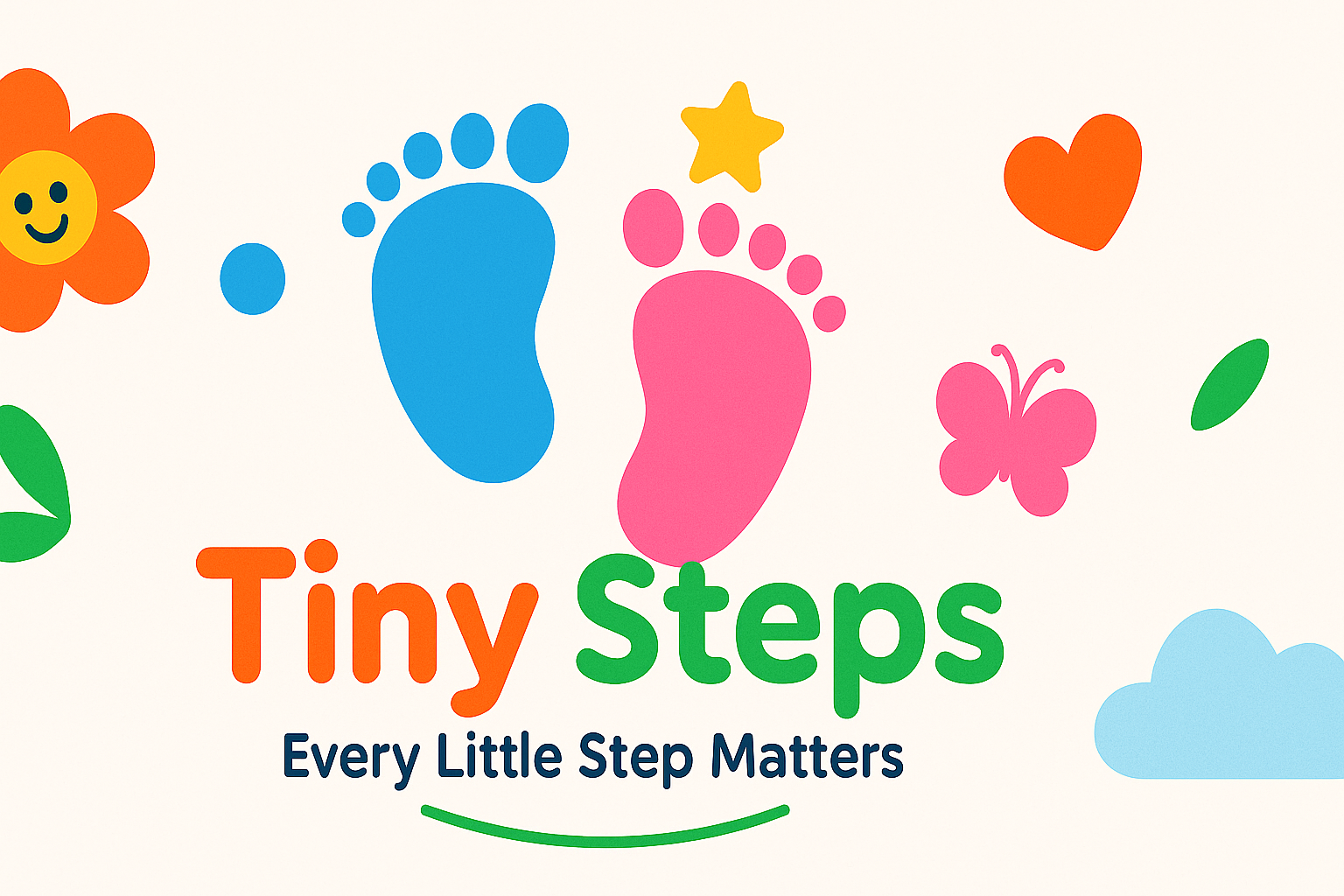Author: M. Sharanya
Published on: July 8, 2025
Welcoming a newborn into the world is both exciting and overwhelming—especially for first-time parents. From feeding schedules to diaper changes and sleep routines, newborn care can feel like a never-ending cycle of questions. This guide shares essential tips to help you confidently care for your newborn in the early days and weeks.
Contents
1. Master the Basics of Feeding
Whether you’re breastfeeding or formula feeding, understanding your baby’s hunger cues is key. Newborns typically eat every 2–3 hours. Look for signs like rooting, sucking motions, or putting hands to mouth. Don’t stress if your baby doesn’t follow a perfect schedule—flexibility is important during these early stages.
2. Get Comfortable With Diapering
Expect to go through 8–12 diapers a day in the first few weeks. Always have diapers, wipes, and a clean surface ready. Pay attention to your baby’s skin—change frequently and use diaper cream if redness occurs to prevent rashes.
3. Understand Newborn Sleep Patterns
Newborns sleep a lot—usually 16–18 hours a day—but in short bursts. It’s normal for them to wake often for feeding. Create a calming bedtime routine early, even if it’s simple: a warm wipe-down, soft lullaby, and dim lighting.
4. Safe Sleep is a Must
Always place your baby on their back to sleep on a firm mattress, with no pillows, blankets, or toys in the crib. Follow the ABCs of safe sleep: Alone, on their Back, in a Crib.
5. Bonding Through Skin-to-Skin and Touch
Holding your newborn close isn’t just comforting—it helps regulate their temperature, heart rate, and even supports breastfeeding. Skin-to-skin contact promotes a secure attachment and can calm both baby and parent.
6. Bathing Basics
Sponge baths are ideal until the umbilical cord stump falls off (usually within 1–2 weeks). After that, bathe your baby 2–3 times a week. Use lukewarm water, a soft cloth, and gentle baby soap. Always keep one hand on your baby at all times.
7. Don’t Ignore Your Own Needs
Caring for a newborn is physically and emotionally demanding. Don’t be afraid to ask for help, rest when the baby sleeps, and stay nourished. A well-supported parent is better able to care for their child.
8. Know When to Call the Pediatrician
Reach out to your doctor if your newborn has a fever, trouble feeding, signs of dehydration (fewer wet diapers), or anything that feels off. Trust your instincts—no concern is too small when it comes to your baby.
Final Thoughts
Every baby is unique, and so is every parenting journey. These newborn care tips are designed to help you feel more prepared and empowered. Remember, there’s no such thing as a perfect parent—just a present, loving one.





